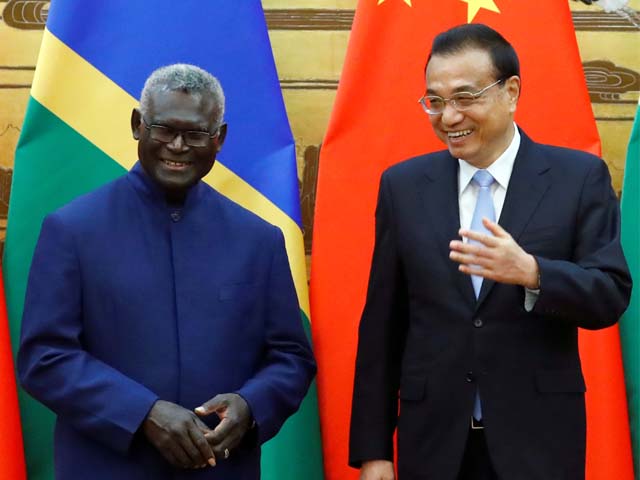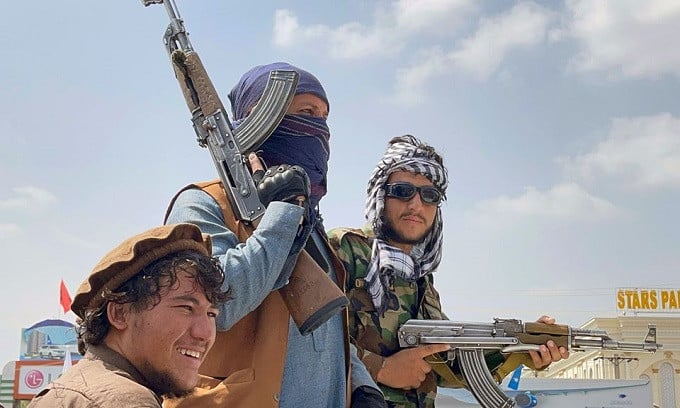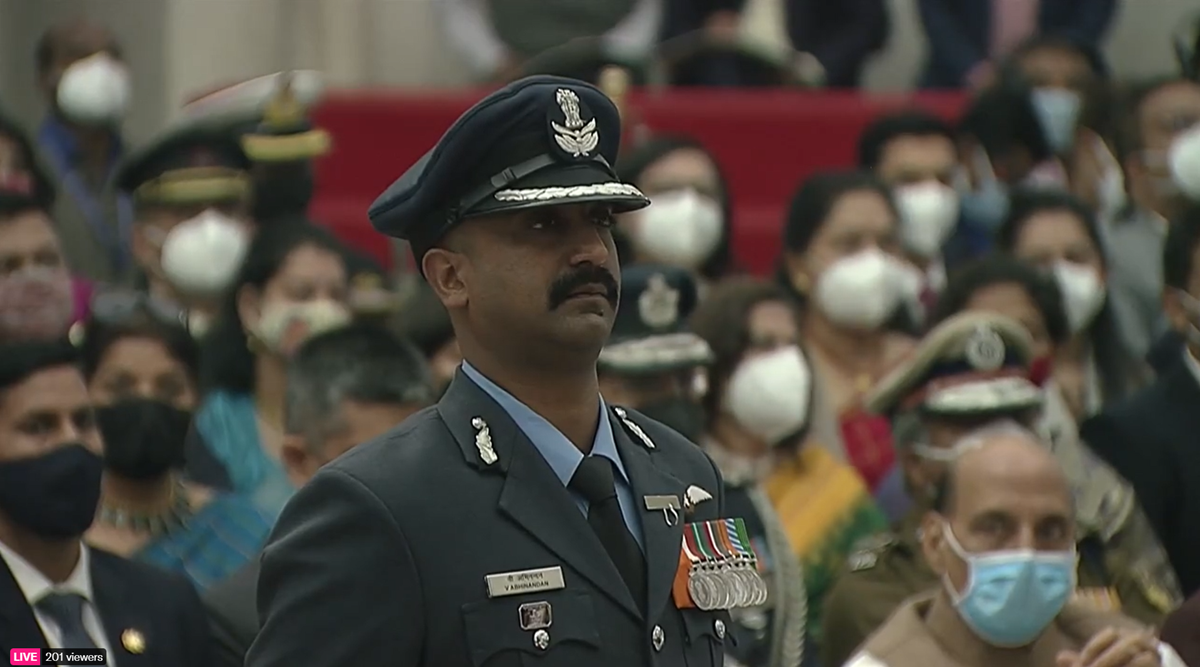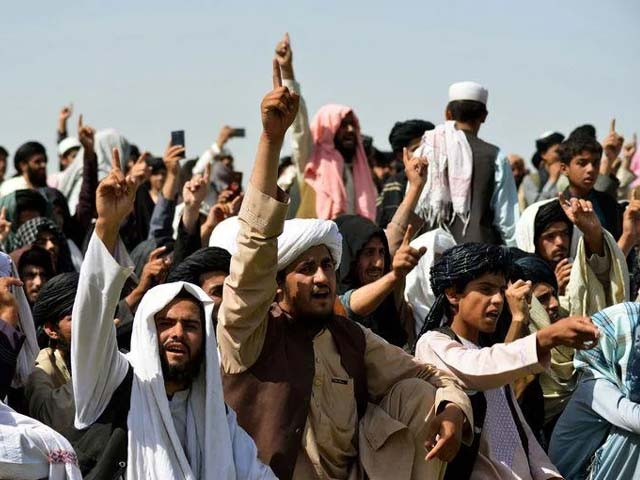
Why is trouble brewing in the Solomon Islands?
Reuters reported last week that the leader of the Solomon Islands province of Malaita declared that he intends to pursue independence on the grounds that his region vehemently disagrees with the central government over last year’s recognition of Beijing as the legitimate government of China. This dramatic move dangerously risks provoking another civil conflict in the island chain, the last one of which was fought largely between Malaitan migrants on the nearby capital-hosting island of Guadalcanal and the latter’s locals.
An Australian-led peacekeeping force spent nearly 14 years stabilising the island chain from 2003-2017, but it might soon all be in vain if Malaitan Premier Danial Suidani goes through with this separatist threat and throws the Solomon Islands back into chaos. His pro-Taiwanese separatism must be universally condemned, both because of its possibly immediate consequences as explained above but also because of the disturbing precedent that it establishes in International Relations.
About the latter, it’s true that some of the driving factors (especially inter-regional and inter-ethnic distrust) behind the Solomon Islands’ last conflict haven’t been fully resolved, but all parties must remain committed to addressing these issues peacefully in the framework of the country’s constitution. Exploiting the central government’s recognition of Beijing last year as the pretext for commencing a separatist campaign violates domestic law and makes a mockery of its international counterpart as enshrined in the UN Charter.
Reuters quoted Suidani as saying that, “Self-determination is a core of human rights”, which is true but it shouldn’t be exploited for political reasons. All central governments across the world have foreign policy-making responsibilities that the rest of their administrative regions must respect. This is one of the norms of international Relations. If Taiwan (and possibly also its foreign partners such as the US) encourages Malaita to secede from the rest of the Solomon Islands on this basis, then they’re recklessly violating this principle.
One can only imagine how strongly the West would condemn the scenario of a region inside of one of the few Taiwan-recognising countries left in the world threatening to do what Malaita is but on the basis of disagreeing with that respective central government’s recognition of Taipei. They’d probably claim that this is a Beijing-backed hybrid war plot, yet when the shoe’s on the other foot and it’s a pro-Taiwanese region of a Beijing-recognising country threatening to secede, they’ll likely criticise all such hybrid war claims as “conspiratorial”.
Double standards exist, but they destabilise the conduct of International Relations by making everything all the more unpredictable, which in turn erodes global security. What’s so urgently needed across the world right now is stability and certainty, yet Malaita’s threat to secede from the Solomon Islands on the ridiculous basis of disagreeing with the central government’s recognition of Beijing could create a crisis in the South Pacific. Not even Taiwan itself is threatening to secede from China, yet Malaita wants to secede from its nation over Taiwan.
It’s not just Solomon Islanders who could fall victim to this hybrid war campaign if Malita’s leader decides to unleash it, but also Chinese citizens who are working in the country. The Australian Broadcasting Commission (ABC) reported last week that “an unhappy community group issued notices for the town’s Chinese-owned stores to close down and leave town.” They demanded that “All Chinese business operators are asked to leave Auki of Malaita province to Honiara within the next 24 hours.”
The worst-case scenario would be if Suidani’s separatist threats incite Malitan locals to carry out a pogrom against the Chinese working in the island’s capital city. These threats, both the implied ones against Chinese in that Solomon Islands province and the broader one of Malita’s pro-Taiwanese separatism, must be urgently condemned by the international community before the situation spirals out of control. If it’s shown that Suidani has no foreign support for his plot, then a crisis and the many tragedies that it might cause could be averted.




COMMENTS
Comments are moderated and generally will be posted if they are on-topic and not abusive.
For more information, please see our Comments FAQ